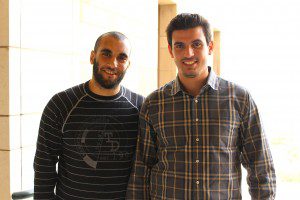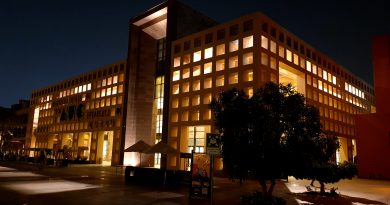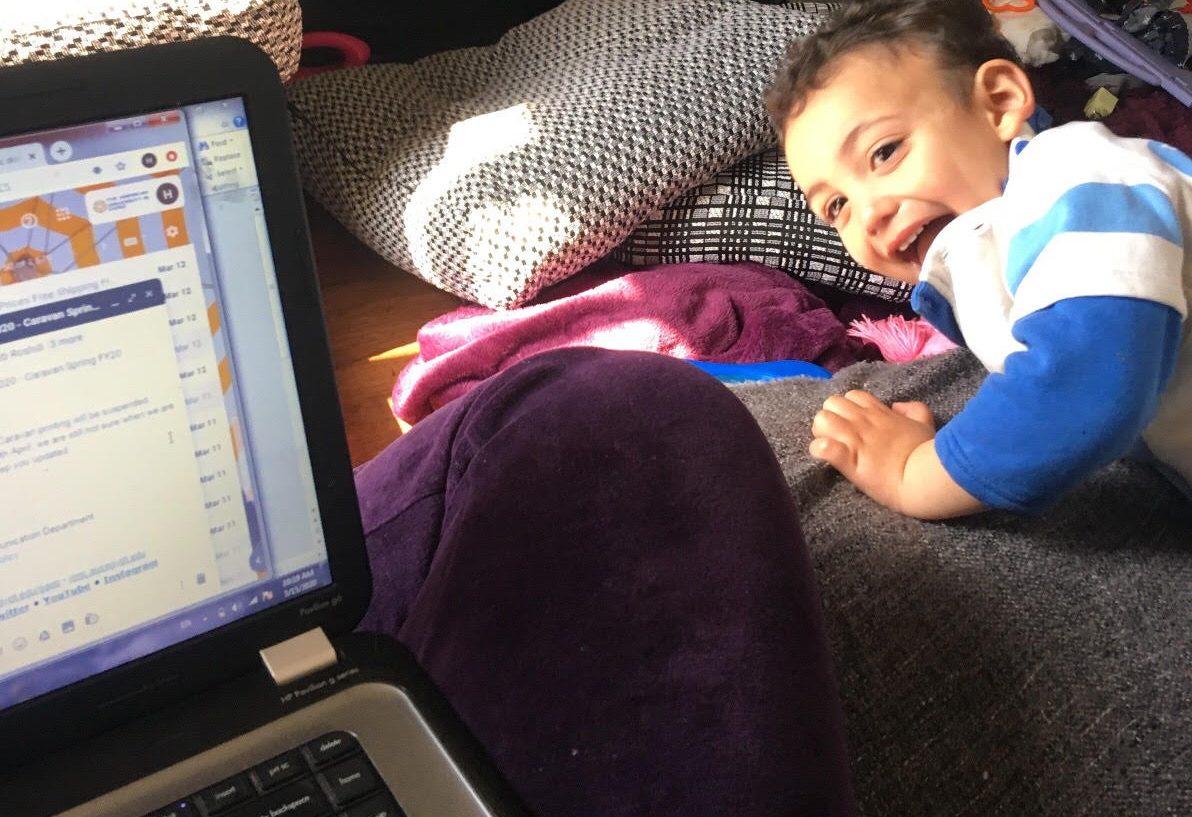AUC hosts private universities Student Union elections

Omar El Alfie, the Student Union President at the British University of Egypt (BUE), was last week elected the first president of all student union institutions at private universities in the country.
AUC’s Taher El Moataz Bellah was elected as his vice- president.
El Alfie and El Moataz Bellah ran for both positions on a single ticket.
“There were just the two of us [running] and the voting was either yes or no,” El Moataz Bellah said. “The structure [for future elections] will still be formed.”
Eight private universities were involved in this election, including, October University, The Russian University, American University in Cairo, British University in Egypt, German University in Cairo, Misr International University and Canadian Ahram.
The elections took place at the HATEM building at AUC, and the nominations were based on those who signed up online. The results were declared shortly after the voting was over.
“Right now, we are still in the first round, this is something we won’t feel now due to the minimal number of members but in the future when members of the assembly reach 30 or 40,000 then this will definitely make a difference,” El Moataz Bellah said.
“The main reason we created a student union for private universities is that we were surprised to find that Egypt’s Student Unions operate and meet without getting private universities involved,” El Alfie said.
This despite the fact that student union institutions in private universities had previously insisted that their focus not be restricted to their campuses alone, but to be more comprehensive in scope and functionality.
“We were trying to be present in the framework of Egypt’s Student Unions,” El Alfie said.
They went to the president of Egypt’s SUs and his administration and tried to talk with them more than once, El Moataz Bellah said. “Egypt’s Student Unions are unfairly structured because of the Muslim Brotherhood’s control over public universities last year,” he added.
“Egypt’s Student Unions is now composed of 19 seats for governmental universities, two seats for institutes, two seats for Al Azhar University, and two seats for private universities,” he said. He says he believes the two seats for private universities are window dressing to impact public opinion. .
El Moataz Bellah added that it’s prohibited for any private university student to run for Egypt’s SU president or even a high board position – something he says is “completely unfair and bias”.
El Alfie says that this impasse came after conflicts between students and administrations in MIU and BUE or between students and the authorities in NileUniversity or El Asher University.
The situation was often so tense that some campuses, such as at AUC and BUE, were shut down for a short period.
In the meantime, he says his role as vice-president will be temporary and last until next July, at which point new elections will be held to choose representatives for the 2013-2014 academic year.
El Moataz Bellah said that his and El Alfie’s administration will focus on private universities where students are not allowed to form a student union.
“Our first aim is to get the Ministry of Higher Education to accept the presence of our union,” El Moataz Bellah said.
El Alfie plans to focus on MIU and NileUniversity as a start. “We will try to support all these [student] movements with an official structure,” he said.
Meanwhile, he hopes this will provide a framework for next year’s administration so that they build on what has been started instead of going back to the drawing board.
“The ministry is trying to control private universities seats so that it doesn’t turn to a hustle that attacks them,” said El Moataz Bellah. “They know that the next movement or wave will be powered by college students, since they are more aware, more amassed, and more widespread in all society.”
El Moataz Bellah added that the ministry has been trying to postpone the private universities union for a long while. That gave him and other student union leaders cause to hold elections as soon as possible.
He added, “for those who ask where will this union get its legitimacy if the ministry still does not recognize it, I say that the union gets its legitimacy through the students who voted in the elections, there isn’t any legitimacy more powerful than the students’ legitimacy.”
Last week, the Ministry of Higher Education organized a meeting for private university representatives to choose two students for the seats. The ministry didn’t invite all private universities and as a result, all the universities there agreed not to participate until the forum included all private universities unconditionally.
“We refused to be presented as a décor and we insisted that the ministry should recognize our demands …Student voices need to be heard,” El Moataz Bellah said.
The ministry reacted by freezing private universities’ membership in Egypt’s Student Unions.
El Moataz Bellah says that if students’ ambitions right now are to be present on their board of trustees, then one should strategize in the long term; students should be represented in the Parliament and in the Shura Council.
“I am graduating this year so I won’t be able to run again for next year’s SU president but I’ll be available to support whoever is in authority,” El Alfie added.
“Students need to get out of the bubble that they are in, because college is more than just a party.”




